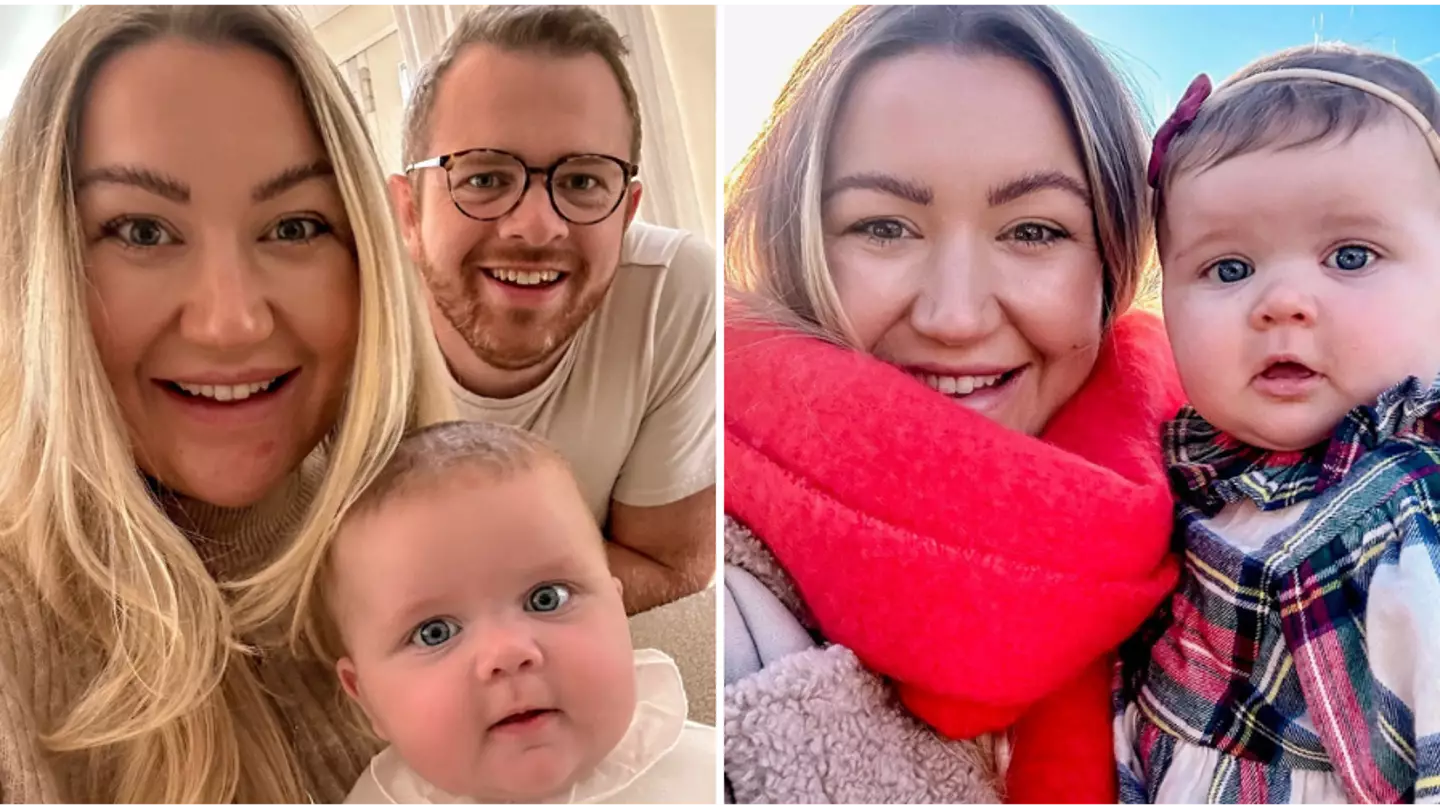
Warning: This article contains discussion of baby loss and fertility issues which some readers may find distressing.
We're now in Endometriosis Awareness Month and one woman has come forward to open up about her incredible fertility journey.
Tara Burnett, 32, from Thames Valley, first started experiencing long, painful periods alongside significant pain in between her cycles from the age of 16.
Advert
Tara's symptoms got so bad once that her mum rushed her to A&E suspecting that she had appendicitis only for doctors to find her appendix was totally healthy - but that she did have endometriosis.
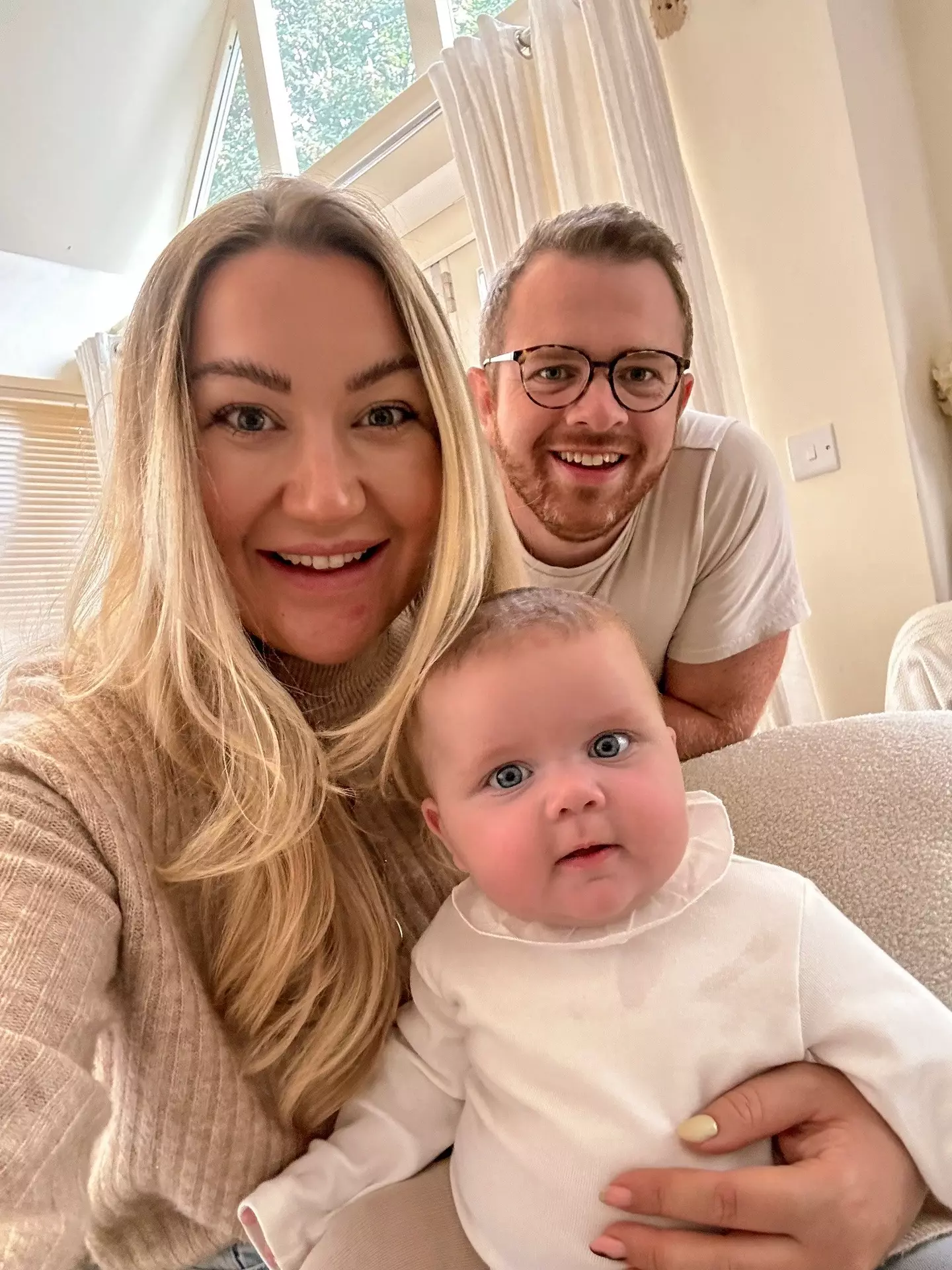
Endometriosis is a chronic condition that impacts one in 10 women of reproductive age in the UK, where tissue from the womb grows around the ovaries and fallopian tubes and for some people, it reduces their fertility.
Recalling the moment she was finally diagnosed, Tara explained: “I was young. I’d never heard of this condition. At the time, no-one was talking about endometriosis.
Advert
"Doctors warned me that my fertility could be affected. This was so tough to deal with because I knew already that I wanted to be a mum."
Tara was subsequently put on the contraceptive pill and was instructed to take it continually without leaving any gaps for periods.
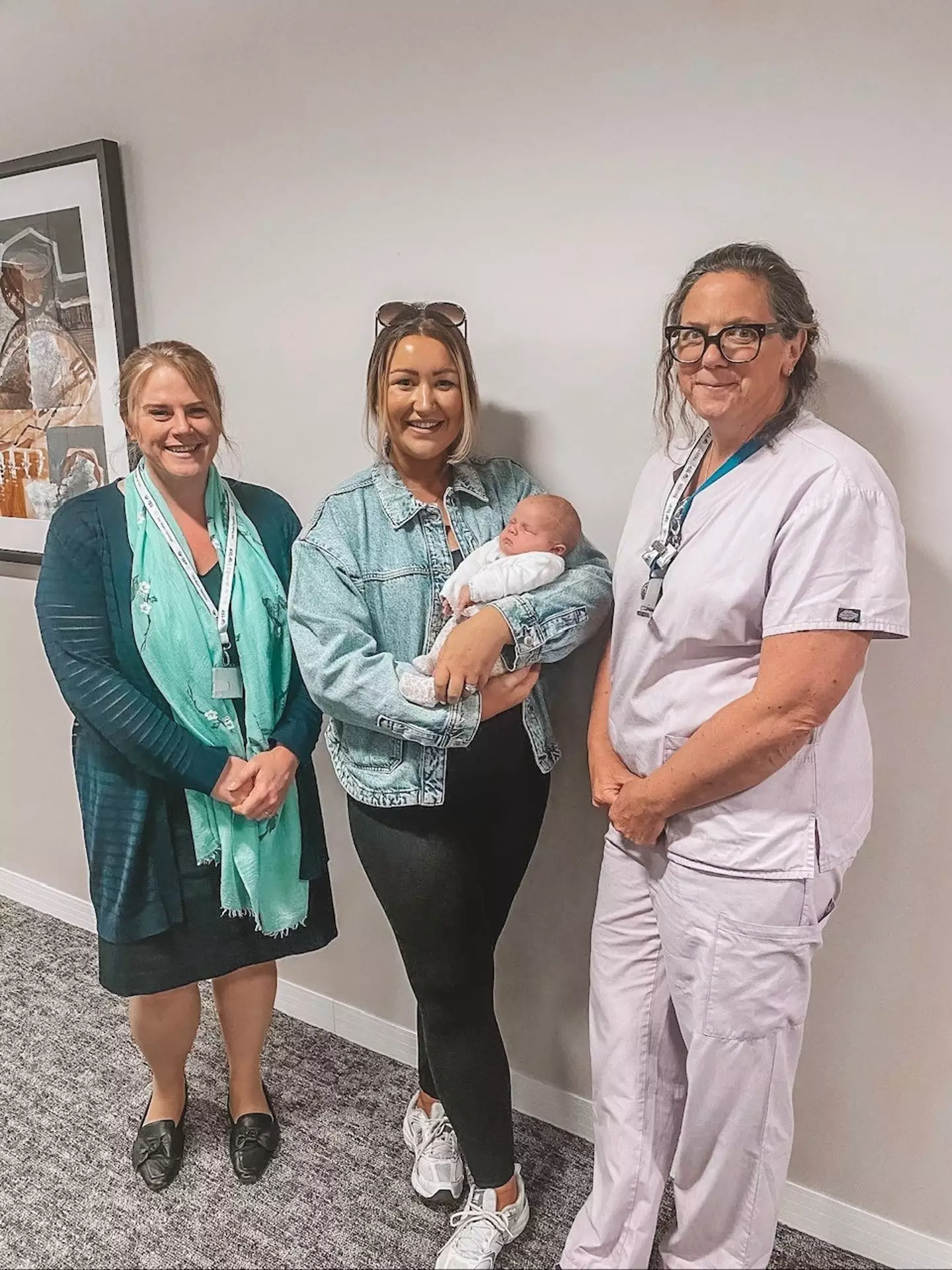
The NHS explains that the pill contains artificial versions of female hormones oestrogen and progesterone, which are produced naturally in the ovaries.
Advert
If sperm reaches an egg, pregnancy can happen - something that the contraceptive pill tries to stop from happening by stopping the release of an egg, a process known as ovulation.
However, seemingly right of the blue, Tara found out she was pregnant aged 19 while still on the pill.
She later gave birth to her 'beautiful little girl' named Chiara in 2011.
When little Chiara was a toddler, Tara ended up meeting Matt - who would later become her husband.
Advert
The pair knew they wanted to have children together so made the decision to stop using contraception to try and conceive.
However, this meant that Tara’s extremely painful and irregular cycles came back too.
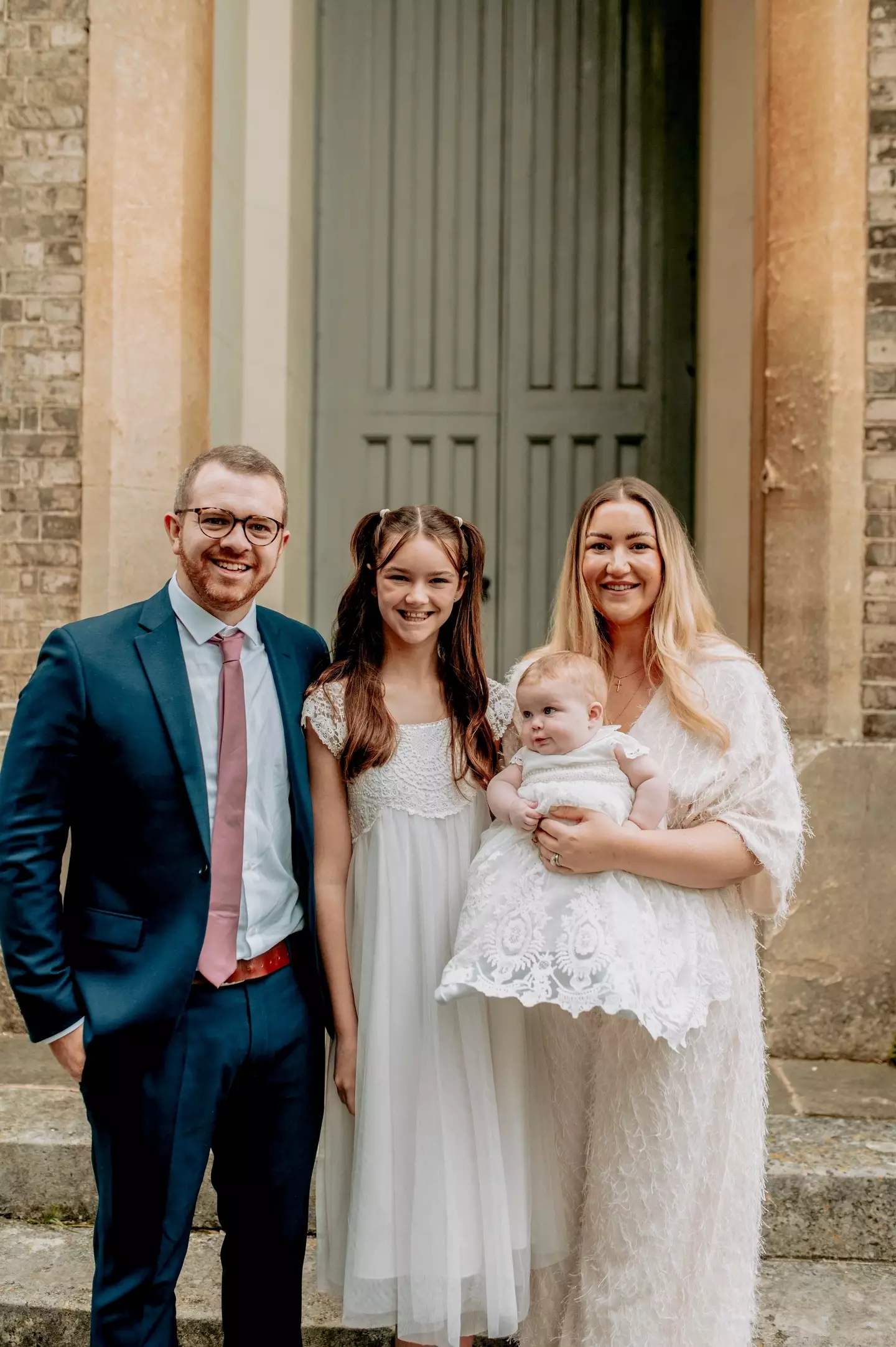
"I was in agony," the mum revealed. "It can be so painful that you can’t live your day-to-day life. Sometimes I had to be curled over with a hot water bottle – and I couldn’t go to work.
Advert
"Meanwhile, I tracked my cycles within an inch of their life and got so excited each month, only to be left broken hearted."
Tara and Matt tried for six years before deciding to ask for help in January 2020 when her GP referred her to a gynaecologist.
After some tests, it was found that Tara not only had endometriosis but also had a bicornuate uterus - when you are born with a different shaped uterus which is heart-shaped instead of pear-shaped - and that corrective surgery was needed before any fertility treatment could begin.
A bicornuate uterus doesn’t always affect fertility but surgery may be recommended as it can increase the risk of miscarriage.
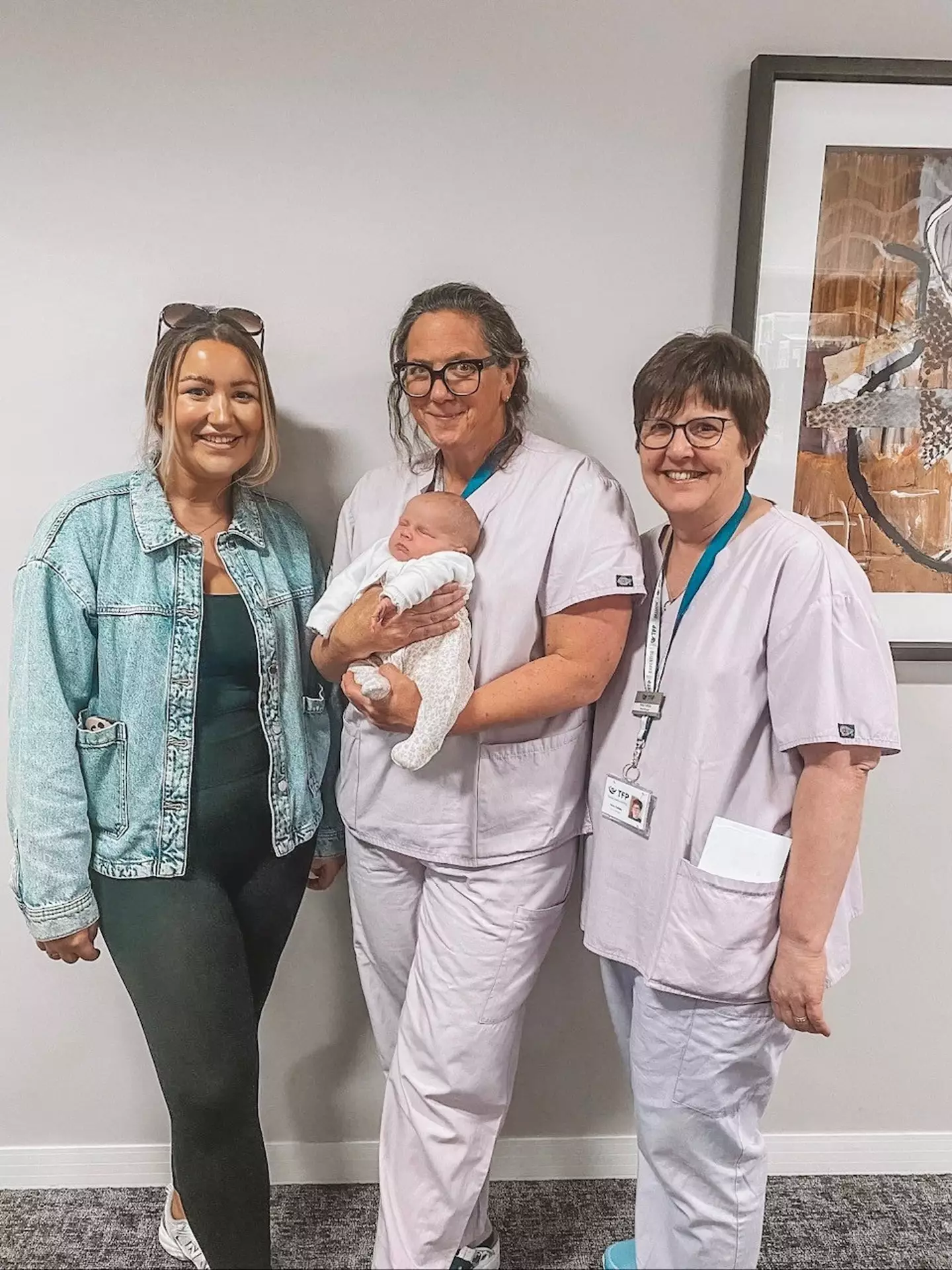
According to the National Institute of Health, a bicornuate uterus is a rare anomaly, but it is associated with worse reproductive outcomes; recurrent pregnancy loss and pre-term labor are most common.
Talking about the corrective procedure, Tara said: "Nothing came out of that surgery, and in the March we decided to contact TFP Thames Valley Fertility, as it was our local fertility clinic."
The fertility team over at TFP revealed that Tara’s anti mullerian level (AMH) was high, which suggested that she wasn’t ovulating and may have Polycystic Ovaries, while Matt’s semen analysis came back as normal.
They then decided to have a medicated cycle of IUI (intrauterine insemination), in the hope that this would stimulate Tara’s ovaries.
"When it didn’t work, we were both devastated," Tara recounted. "I can’t explain the feeling of 'why isn’t this happening and will this never happen for us?'"
Then the following year in June, Tara and Matt started their first round of full IVF.
Doctors were able to retrieve 18 eggs, of which nine became healthy five-day old embryos and were later frozen to give Tara some time to recover from the medication.
Unfortunately, however, the first cycle of IVF was not successful.
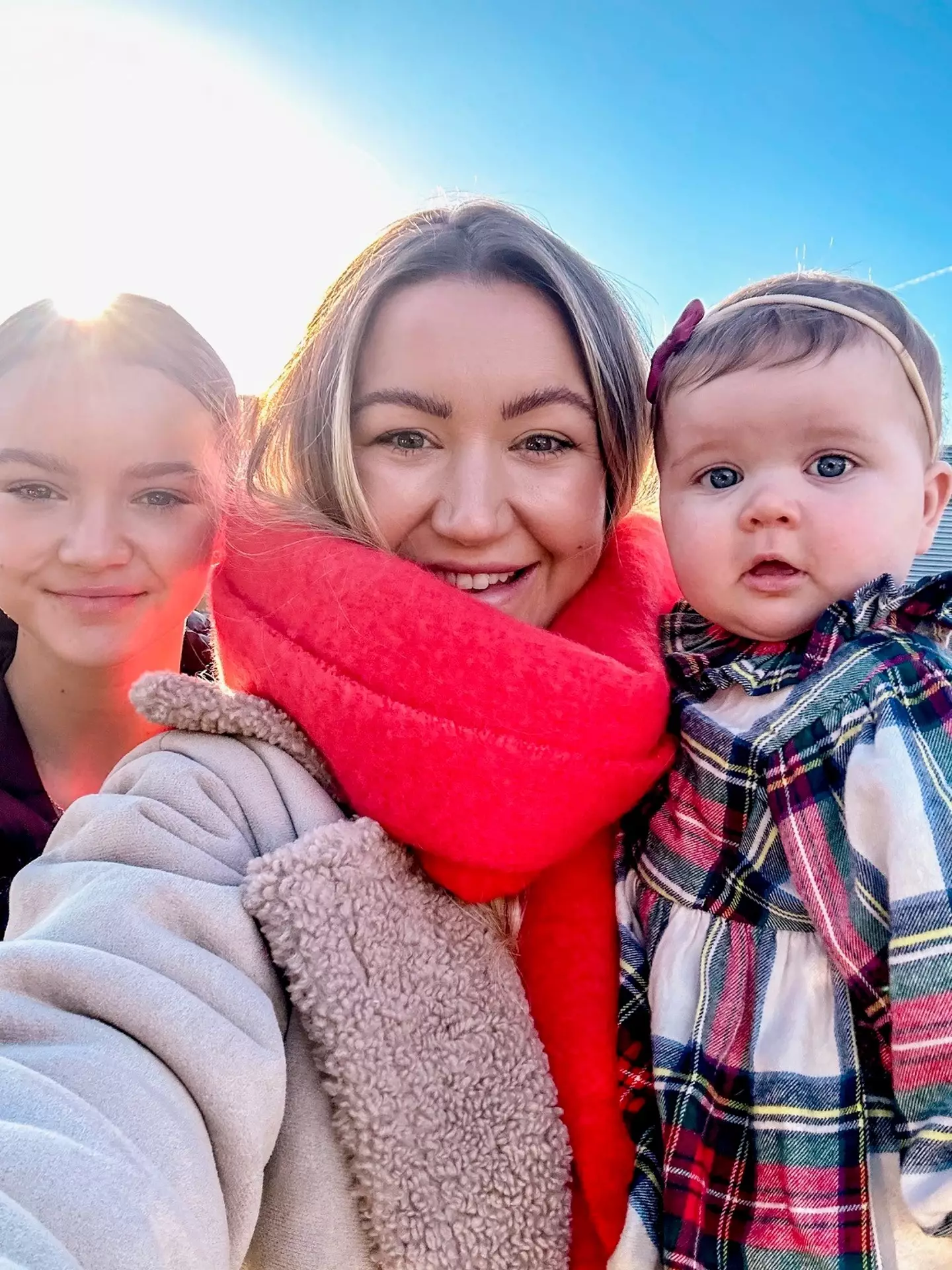
"I was sad but felt that this first time was a trial run to see how my body would react," Tara explained. "The next time you can change things. This was how I looked at it."
The couple decided to try once again but Tara sadly suffered with two miscarriages following the procedure.
She recalled that the team at TFP Fertility were 'so incredible and so comforting' to her during the entire process, adding: "People would call me and check I was OK. That was such a massive thing, I never felt like my feelings were invalid and they would always be there to reassure me."
She went on: "They cared for us as people, not just numbers.
"We spent so much time at the clinic and it was honestly like our second home at some points."
Tara and Matt decided to give IVF one last go the following year in August and received another positive test.
And after quite a complicated pregnancy, with bleeding from six to fifteen weeks and constant calls to the clinic and scans, the pair finally welcomed their baby girl, Winnie, four weeks early in April 2023.
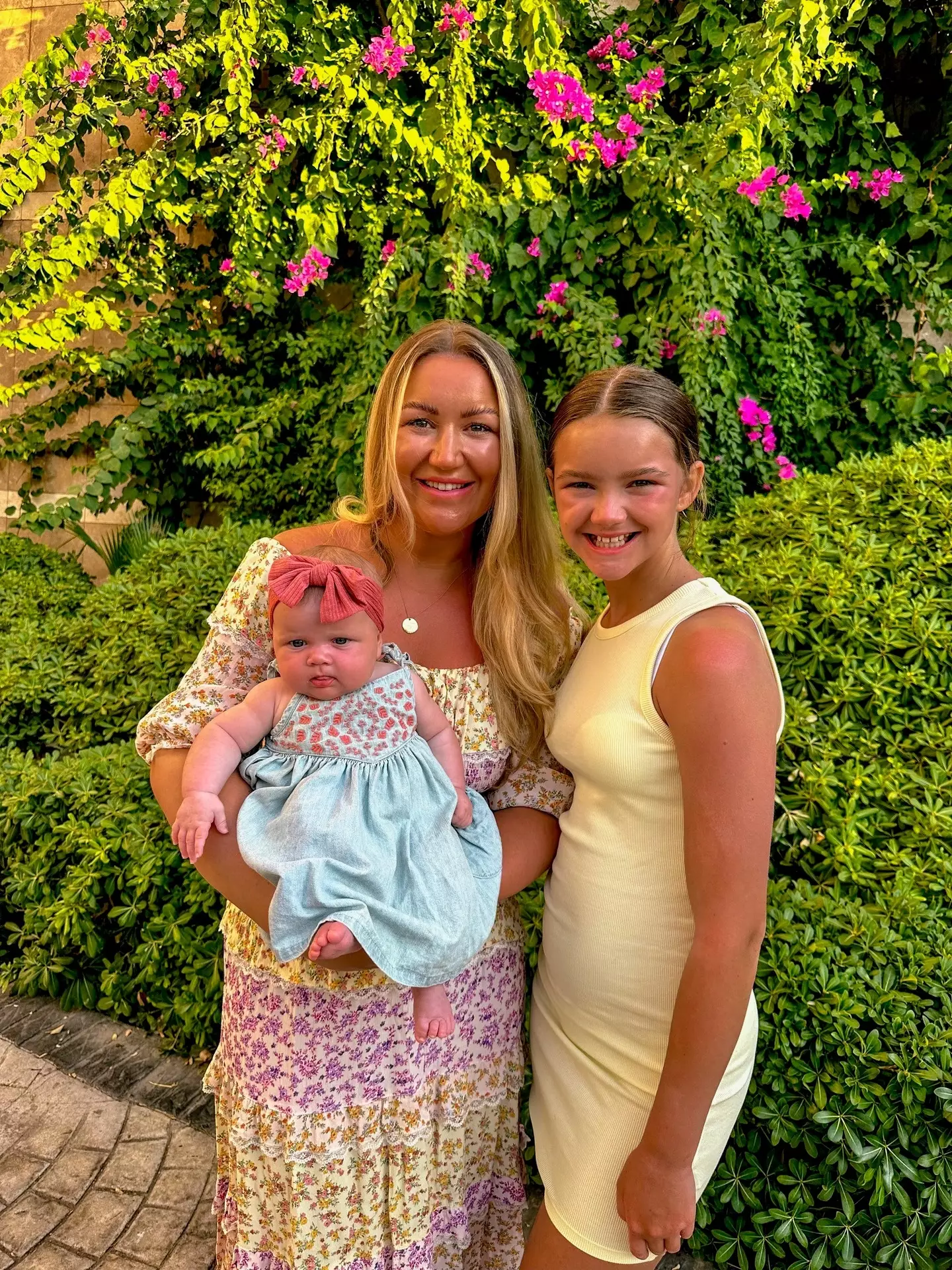
Tara is now sharing her story on Instagram, under the handle @mummataralouise, to raise awareness about endometriosis, motherhood and all things fertility and has been amazed that so many people were going through very similar situations but had never talked about them.
"It’s mad that no-one is being open about this," the mum-of-two said. "And now that I’ve started to share my story, I’ve had interactions with thousands of people via Instagram.
"If I’ve helped just one of them, then I’ll be so glad."
If you have been affected by the contents of this article, please find more information and support via Endometriosis UK on their website, or call 0808 808 2227.
If you need support and advice following a pregnancy loss, you can contact the Tommy’s team at [email protected]. You can also call them for free on 0800 014 7800, Monday to Friday, 9am to 5pm.
Featured Image Credit: SuppliedTopics: Endometriosis, Health, Parenting, Pregnancy, Real Life
